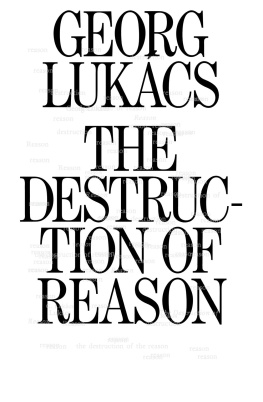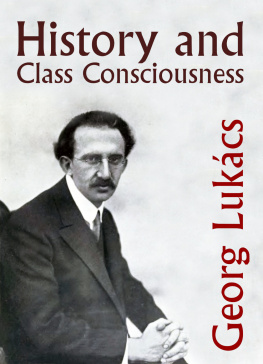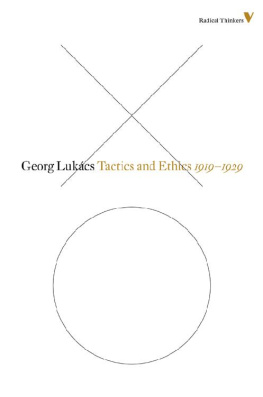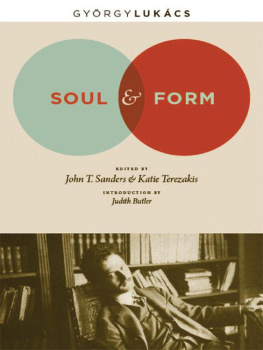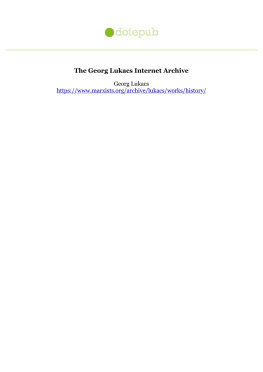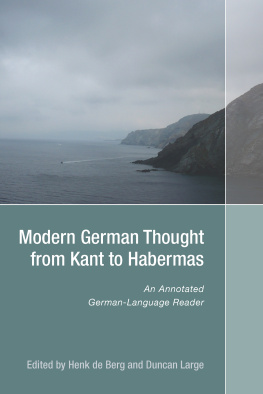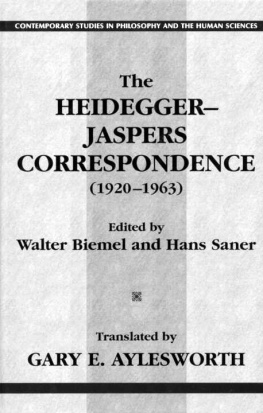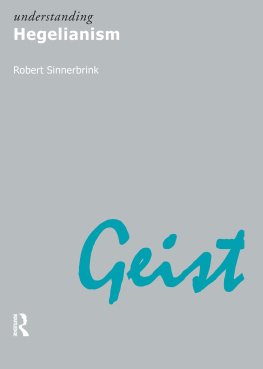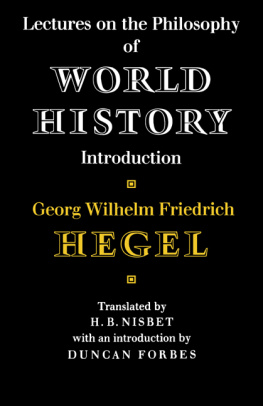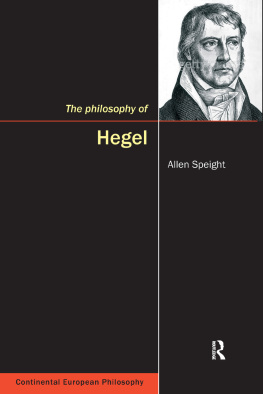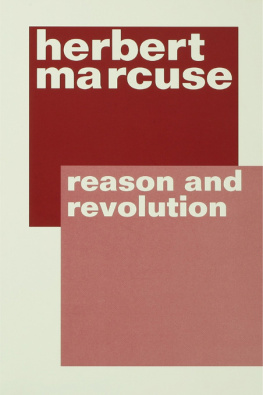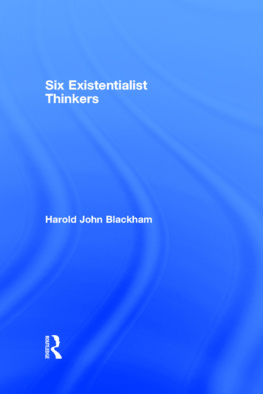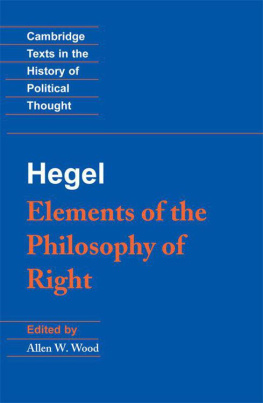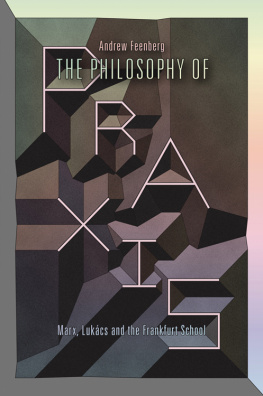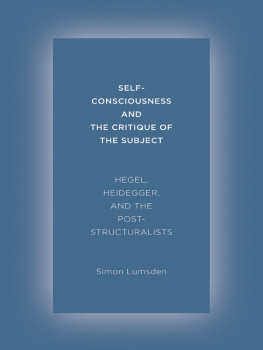Contents

The Destruction of Reason
The Destruction of Reason
GEORG LUKCS
Introduced by Enzo Traverso
Translated by Peter Palmer

This edition first published by Verso 2021
First published in English by The Merlin Press 1980
Originally published in German by Hermann Luchterhand Verlag GmbH 1962
Verso 2021
Introduction Enzo Traverso 2021
All rights reserved
The moral rights of the author and translator have been asserted
1 3 5 7 9 10 8 6 4 2
Verso
UK: 6 Meard Street, London W1F 0EG
US: 20 Jay Street, Suite 1010, Brooklyn, NY 11201
versobooks.com
Verso is the imprint of New Left Books
ISBN-13: 978-1-83976-184-3
ISBN-13: 978-1-83976-185-0 (UK EBK)
ISBN-13: 978-1-83976-186-7 (US EBK)
British Library Cataloguing in Publication Data
A catalogue record for this book is available from the British Library
Library of Congress Cataloging-in-Publication Data
A catalog record for this book is available from the Library of Congress
Printed and bound by CPI Group (UK) Ltd, Croydon CR0 4YY
CONTENTS
DIALECTIC OF IRRATIONALISM
HISTORICIZING LUKCSS THE DESTRUCTION OF REASON
Enzo Traverso
The time has come to rediscover The Destruction of Reason, undoubtedly one of Georg Lukcss most controversial books. It deserves to be reappraised beyond its demoniac and dark aura, and to be given its proper place in the history of twentieth-century critical thought. In 1954, the year of its publication in Germany, the Cold War was raging and the controversies on the origins of National Socialism had lost their previous intensity. In the West, this book was considered a piece of Stalinist propaganda not deserving more than superficial scrutiny, whereas the orthodox communist intelligentsia looked suspiciously at the work of a heretic Marxist whose reputation remained stained by the official Soviet condemnation of History and Class Consciousness (1923).
Scholars are accustomed to distinguishing at least four steps in Lukcss intellectual trajectory. There was first a youthful, pre-Marxist, romantic, messianic and idealist moment, shaped by acclaimed works such as Soul and Form (1912) and Theory of the Novel (1916). Then a second, extremist moment, when Lukcs became a communist and participated in the Hungarian Revolution of Bela Kun, in which he produced what is usually considered his most creative Marxist work: History and Class Consciousness. The third moment was that of Lukcss Stalinism, between the 1930s (preceded in 1928 by his Theses on Blum) and the Hungarian Revolution of 1956, in which the old philosopher was, once again, deeply involved. This was simultaneously the longest, darkest and most productive phase, almost entirely lived in the USSR and postwar Hungary, in which Lukcs produced his major works of philosophy and literary criticism, from The Historical Novel (1936) to The Young Hegel (1948, but
Lukcss Stalinist period has fallen into a sort of limbo, much less investigated than his youthful romantic creations or his dialectical adventures at the time of revolutionary Bolshevism. This is a regrettable oblivion, because the Stalinist Lukcs was an impressive thinker nonetheless, whose works cast an interesting light on Stalinism itself, its meaning as well as its greatness, however demoniac and sinister it was. I do not suggest rehabili-tating Lukcs or trivializing his responsibilities, even less dimin-ishing the crimes of Stalinism. Stalinism most historians agree on this was neither a pathology nor a simple regression; it was a gigantic attempt at creating a new civilization with authori-tarian means. According to Stephen Kotkin, Stalinism was not just a political system, let alone the rule of an individual. It was a set of values, a social identity, a way of life. Similarly, Stalinism was also a philosophy of history and Lukcs provided one of its highest expressions. Thus, rereading The Destruction of Reason participates in this necessary work of historicizing Stalinism. This exegesis, however, is quite different from reinterpreting Nietzsche, Jnger, Heidegger or Schmitt. With Lukcs, the problem lies neither in making a fruitful use of reactionary theories, nor in recognizing that a fascist philosopher can be a sharp thinker that deserves to be studied. Using these authors does not mean legitimizing their ideas or political choices. The case of Lukcs is different because his Stalinist works express the logic of an enemy within the Left. One can criticize Stalinism and denounce its horrible crimes, but during the Second World War a titanic clash between the alliance of the inheritors of the Enlightenment and the forces of the most radical form of counter-Enlightenment virtually all defenders of freedom and democracy were on the same side as Stalinism. This dialectic of history is at the core of The Destruction of Reason. The antitotalitarian wisdom of Friedrich Hayek and Franois Furet, for whom Hitler and Stalin were interchangeable enemies of liberalism and market society, became a commonplace at the end of the twentieth century; between 1941 and 1945, though, it simply meant political impotence and isolation. Confronting Stalinism instead of simply rejecting it with ethical and political arguments; reassessing its historical reasons without forgetting or forgiving its crimes: this is the task to which, three decades after the end of the USSR, the rereading of Lukcss book invites us.
Reception
In the 1950s, The Destruction of Reason was received with scepticism. In Adenauers Germany, this history of the rise of The Destruction of Reason was therefore not translated into English until 1980, when the Lukcsian wave of the two previous decades was almost exhausted, and it remained engulfed in the dark waters of the crisis of Marxism. This was certainly the worst moment to discuss it, and it was mostly ignored. The books polemical epilogue on postwar irrationalism, which referred to the ideological and political conflicts of the 1950s, appeared irremediably dated and some peremptory judgments especially on Wittgenstein so dogmatic that most critics simply preferred to ignore the book. Thus, its reception could be summarized by a few death sentences.
It is worth observing that, even in the countries of real socialism, The Destruction of Reason was substantially ignored. Lukcs published his book in the poisonous atmosphere of the Rajk Trial, when he faced the real prospect of becoming a second high-level scapegoat after the former Minister of Foreign Affairs of communist Hungary. Mtys Rakosi had advised him to retire from the public stage and for a while he kept silent. As he would later guess, what saved him from the Stalinist purges was a lucky combination of circumstances. During his first visit to Moscow in 1930 for research at the Marx-Engels Institute, he had conveniently refused to meet Bukharin and Radek, thus avoiding, a few years later, of being suspected of complicity with two of the main targets of Vyshinskis witch-hunts. At the time of his exile in the USSR, he had been arrested by the NKVD in 1941 on allegations of Trotskyism, but he was quickly released thanks to Georg Dimitrov, who liked him and intervened in his favour.
One of the few countries in which The Destruction of Reason was the object of a critical but generally positive reception was Italy, where it was published in 1959 by the prestigious Einaudi Editions, almost simultaneously with

